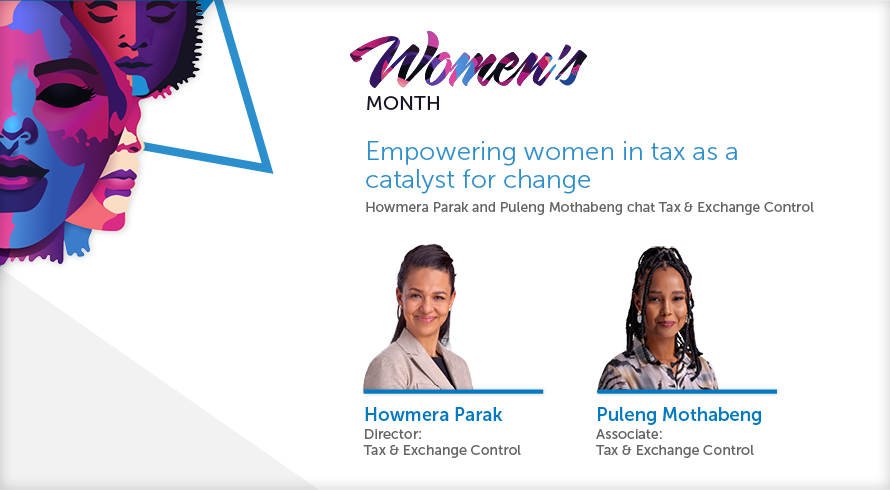Attack on the drones
The flying of Unmanned Aircraft Systems, commonly referred to as 'drones' is illegal in South Africa. This is according to statements issued by the South African Civil Aviation Authority (SACAA).
The invention and recent commercial availability of Unmanned Aircraft Systems (UASs or drones) has revolutionised military operation, and more recently, the entertainment industry. The advantages to these respective industries are obvious. One only needs to visit either YouTube or Vimeo to see the influence these devices have had on both professional and amateur film making.
It is only really the recent availability of these drones to professional and amateur film makers (as well as hobbyists), that has caused much of the confusion and uncertainty as to their use in South Africa.
In (SACAA) is a juristic body established in accordance with the provisions of the Civil Aviation Act, No 13 of 2009 (Act). The operation of aircraft in South African civil airspace is governed by the Civil Aviation Regulations, promulgated in accordance with the Act. These regulations were not drafted with the operation of drones in mind. Drones, as they currently exist, cannot comply with these regulations. Further, SACAA has not given any concession or approved any organisation, individual, institution or government entity to operate drones within the South African civil aviation airspace.
In a media statement issued on 2 April 2014, SACAA declared a 'crack down' on illegal drone flying. While South Africa, under the guidance of the International Civil Aviation Organisation, is 'working to understand, define and ultimately integrate into the Civil Aviation sector the use of UAS or drones' (as stated by SACAA), we are unlikely to see any amended regulations or policies adopted that would authorise the use of drones in South Africa in the very near future.
On the other hand, radio controlled aeroplanes, helicopters and model aircraft do not fall (directly) under the Civil Aviation Regulations. The director of the South African Civil Aviation Authority has designated an external organisation to oversee the use of radio controlled aeroplanes, model aircrafts and helicopters in South Africa -- the Recreation Aviation Administration South Africa (RAASA).
Neither SACAA, nor the International Civil Aviation Organisation (ICAO) has defined a UAS or drone and indeed what the difference is between such an aircraft and a radio controlled or model aircraft. What appears to be important from a local perspective is the intended use of the aircraft. Should a drone be used solely for sport or recreational purposes it would appear that its use would be governed by RAASA. These types of 'toys' are also referred to as 'park flyers'. Provided that communication with the drone is conducted through an open frequency (and as such does not require a spectrum licence from ICASA), is flown no higher than 150 feet (50m), always remains in visual range of the operator and does not fly within 5 nautical miles of any airfield, RAASA will most likely regard the machine as a toy and thus, legal.
On the other hand, if the aircraft is used in a manner which results in remuneration being received, or for any type of professional aerial work (this distinction was offered by SACAA), it is likely to fall under Civil Aviation Regulations.
As stated earlier, drones currently cannot comply with these regulations (due to the absence of, for example, on-board anti-collision measures, among other things). This is where commercial film companies have picked up the fight with SACAA.
SACAA, in an attempt to clarify its declaration that the use of drones as 'illegal', issued a statement on 3 June 2014 in which it stated that the flying of drones has not been banned but that the flying of drones is currently illegal (due to non-compliance with SACAA regulations). This does not take the debate much further.
What is clear is that the SACAA regulations were not intended to govern the use of drones. Until such time as new regulations are promulgated, either by SACAA or RAASA, their commercial use will be in conflict with the current SACAA regulations. It is, however, anybody's guess as to how SACAA intends enforcing its regulations (although there has been at least one incident of a freelance film maker being detained by police for filming the hospital where Nelson Mandela was treated).
The issue of the invasion of a person's privacy by attaching a camera to a drone is an entirely different debate, which will no doubt emerge in due course.
The information and material published on this website is provided for general purposes only and does not constitute legal advice. We make every effort to ensure that the content is updated regularly and to offer the most current and accurate information. Please consult one of our lawyers on any specific legal problem or matter. We accept no responsibility for any loss or damage, whether direct or consequential, which may arise from reliance on the information contained in these pages. Please refer to our full terms and conditions. Copyright © 2024 Cliffe Dekker Hofmeyr. All rights reserved. For permission to reproduce an article or publication, please contact us cliffedekkerhofmeyr@cdhlegal.com.
Subscribe
We support our clients’ strategic and operational needs by offering innovative, integrated and high quality thought leadership. To stay up to date on the latest legal developments that may potentially impact your business, subscribe to our alerts, seminar and webinar invitations.
Subscribe




